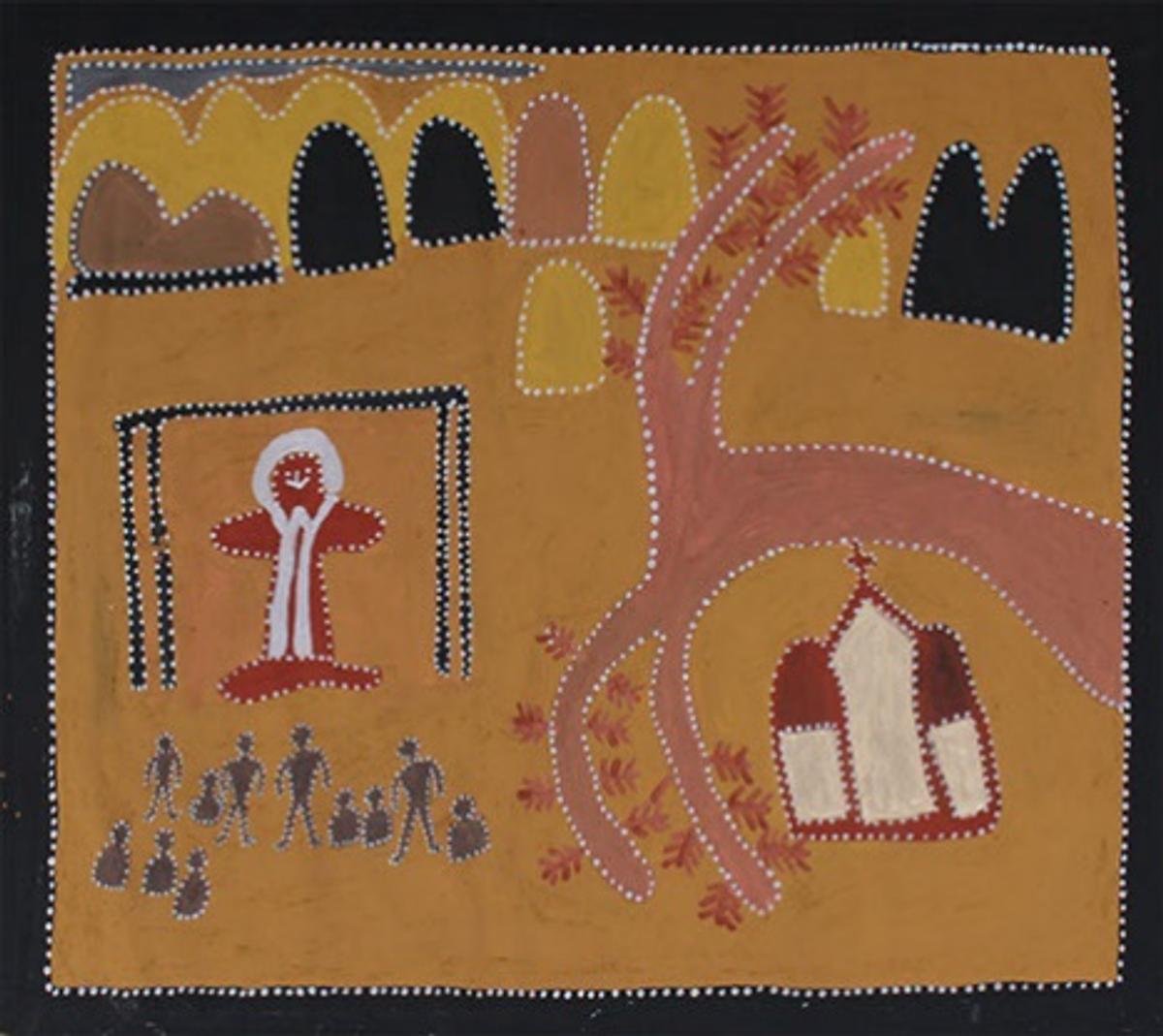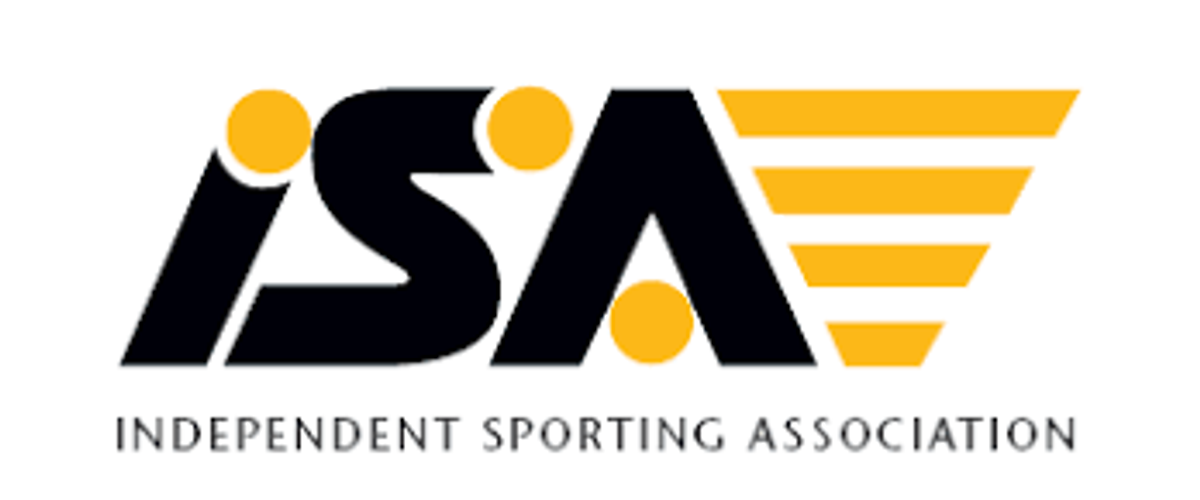Principal

National Reconciliation Week
This week the nation is recognising Reconciliation Week and at St Patrick’s College, our Assembly on Friday 31 May is an opportunity to officially launch our Reconciliation Action Plan (RAP).
As a nation, we have yet to reach that tipping point where most Australians understand our history and how it impacts the experiences of Aboriginal and Torres Strait Islander peoples.
We know that when young people are engaged in their school’s RAP activities, that begins to change. Cultural awareness training helps them understand truths about our history. Aboriginal and Torres Strait employment and procurement strategies provide pathways to build relationships with First Nations people. Engaged young people are more active, brave and passionate about reconciliation.
Colonisation is recognised as having a fundamental impact on the disadvantage and poor health of First Nations peoples worldwide, through social systems that maintain disparities. In Australia, the historical and ongoing effects of colonisation and racism have contributed, at least in large part, to current inequities in the health and wellbeing of First Nations people. In contrast, cultural factors – such as connection to Country and caring for Country, knowledge and beliefs, language, self-determination, family and kinship, and cultural expression – can be protective and positively influence First Nations people's health and wellbeing.
We want our students to understand the challenges faced by Aboriginal and Torres Strait Islander peoples in Australia so they can stand for justice and act in solidarity. The 2021 ABS statistics are objective and do not lie:
- Aboriginal and Torres Strait Islander people experience higher rates of chronic diseases such as diabetes, cardiovascular diseases, and kidney disease. In 2021, the life expectancy for Indigenous Australians was estimated to be 71.6 years for males and 75.6 years for females, compared to 80.2 years for non-Indigenous Australians.
- Educational attainment among Indigenous Australians is lower compared to the general population. In 2021, 65.7% of Indigenous Australians aged 20–24 years had completed Year 12 or equivalent, compared to 88.9% of non-Indigenous Australians.
- Indigenous Australians often face barriers to employment. The employment-to-population ratio for Indigenous Australians was 49.8% in 2021, compared to 72.6% for non-Indigenous Australians.
- Many Indigenous communities struggle with inadequate housing conditions. In 2021, 23.4% of Indigenous households lived in overcrowded conditions, compared to 3.5% of non-Indigenous households.
- Historical trauma, dispossession, and discrimination impact mental health. In 2021, 29.7% of Indigenous Australians reported high or very high levels of psychological distress, compared to 13.0% of non-Indigenous Australians.
- Efforts to maintain cultural identity and connection to land face challenges. The number of Indigenous language speakers continues to decline, emphasising the need for language revitalisation efforts.
- Indigenous Australians are overrepresented in the criminal justice system. In 2021, Indigenous adults were 14 times more likely to be imprisoned than non-Indigenous adults.
- Recognition of traditional ownership and connection to land remains significant. Land rights negotiations and native title determinations continue across Australia.
- Negative stereotypes persist, affecting social interactions and opportunities. Efforts to combat stereotypes and promote cultural understanding are ongoing.
- Empowering Indigenous communities to make decisions about their own affairs is essential. Community-led initiatives and governance models are gaining momentum.
This year’s Reconciliation Week theme is in response to last year’s unsuccessful Voice To Parliament Referendum. It aims to be an encouragement that when reconciliation seems furthest away is when it is most important to keep fighting.
“Now More Than Ever” is a reminder to all of us that no matter what, the fight for justice and the rights of Aboriginal and Torres Strait Islander people will —and must —continue.
Artwork by Queenie McKenzie, theme image for
Aboriginal and Torres Strait Islander Sunday 2019.
Prayer for Reconciliation God of all creation, as we journey together in this Great Southern Land, we pray for healing, forgiveness and unity, creating a path of good will, with justice and compassion. Jesus, through the power of your love, you have given us the courage, wisdom and strength to share our gifts and talents in humility. In peace and understanding we reconcile with each other. Creator Spirit, we come together in prayer and thanksgiving for the many blessings we have received. Allow your Spirit to wash over us and give us strength to walk together as one. Amen |
|---|
ISA Spectator Code of Conduct
St Patrick’s College is a member of the ISA and as such, we seek to uphold high standards of personal conduct consistent with the ideals of competitive sport and within the best tradition of collegiality amongst independent schools.
A lot of energy and resources go into being part of the ISA and as a school, we continue to strive to improve our participation and parents choose our school because of what it offers boys. Team sports play a crucial role in the development and well-being of males. They provide a platform for physical activity, which is essential for maintaining health and fitness. Beyond the physical benefits, team sports foster social skills such as teamwork, communication, and leadership. They also offer a sense of community and belonging, which can be particularly beneficial for males as they navigate various stages of life. Engaging in team sports can help in building resilience, managing stress, and developing a cooperative spirit, all of which are valuable traits that extend beyond the playing field into personal and professional realms. Team sports are not just about competition; they’re about collaboration, personal growth, and the collective joy of striving towards a common goal.
The pursuit of excellence in games and the enhancement of positive educational experiences for all students are of paramount importance to the ISA approach to sport. ISA schools are expected to place the highest priority on players’ safety and to ensure that coaches, officials, and administrators are fully aware of the ISA Code of Conduct as well as the particular rules and safety requirements in their sport. The ISA Code of Conduct for spectators outlines the spirit of the Association and states clear expectations for all who participate in games conducted under the aegis of the ISA.
It is timely to reiterate the expectation of all parents and spectators when they come to watch a fixture.
Guidelines for Spectators
- Spectators must remember that this is “kids” school sport, let them have fun. It is not the World Cup.
- Spectators are expected to be positive role models. They must behave respectfully and courteously towards players, coaches, match officials and other spectators.
- Spectators are not to approach or address game officials or any of the opposing players, spectators, or staff. If a spectator has a genuine concern, this needs to be presented to their own school official who will determine any action to be taken.
- Unless invited onto a field/court, spectators must never encroach onto the field/court.
- Barracking should be enthusiastic and positive, but not designed to heckle, denigrate or unsettle opponents. For example, barracking during a free throw or a kick at goal and so forth is always bad sportsmanship.
- Sledging and negative comments are totally unacceptable. Good play by either team should be recognised by applause.
- It is never right to express disapproval of a referee or umpire’s decision, irrespective of his/her age. The ISA is committed to a zero-tolerance approach for any abuse towards officials through negative comments or actions.
- Vocal support for any team should never encourage violence, rough or illegal play.
- Visitors to the grounds should co-operate fully with any regulations or requests made by the host school, such as car parking, seating, dressing rooms and the placing of spectators. At all times visitors should leave the area tidy and free of rubbish when they leave.
- Alcohol is not to be consumed at ISA fixtures.
Dr Vittoria Lavorato
Principal
SPC boys can do anything!
**except divide by zero



